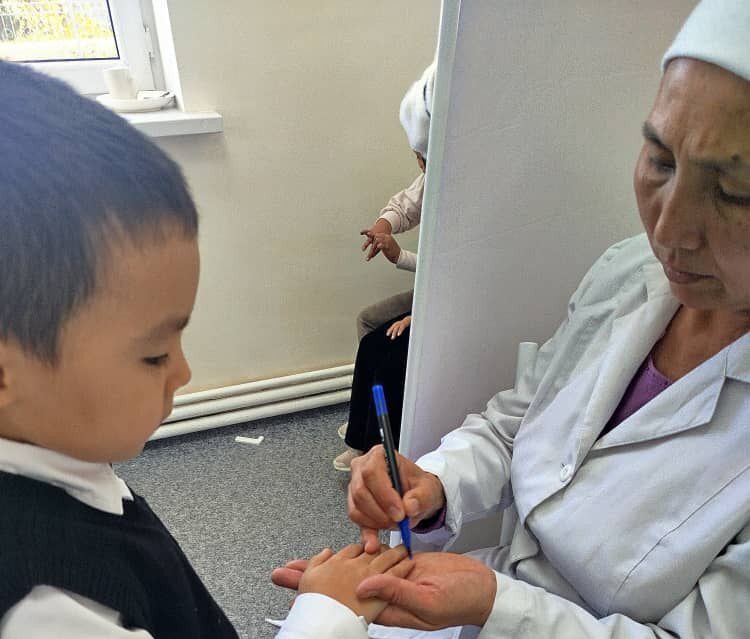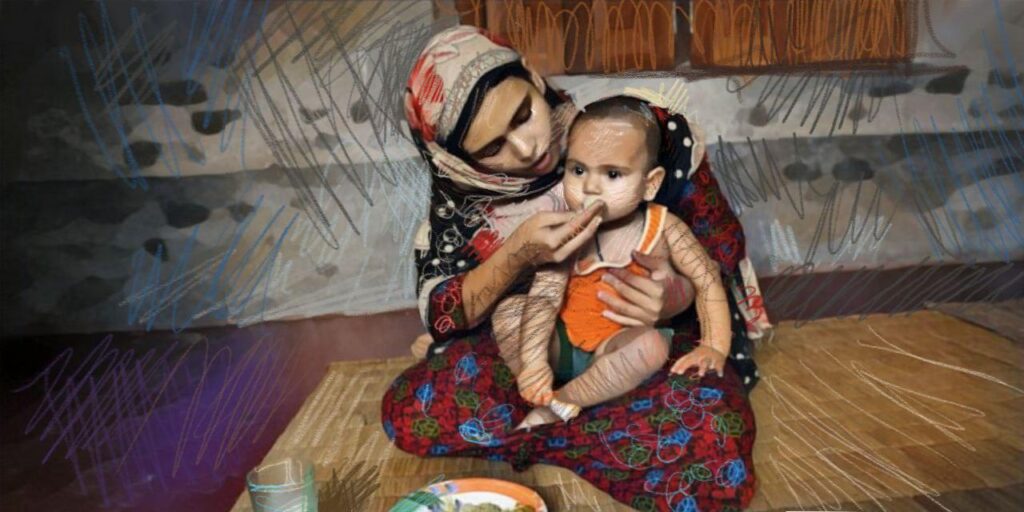Tajikistan Teacher-Student Assault Case Referred to Court
The case of a teacher accused of assaulting a student, which sparked significant public debate in Tajikistan, has been formally referred to court. The Ministry of Education and Science has stated it will not abandon the teacher and will continue to monitor developments closely. The criminal case involves Farkhod Nazarov, a teacher accused of slapping an 11th-grade student. The case has been transferred to the Levakant City Court. In an interview with Asia-Plus, Nazarov confirmed that he has reviewed the case materials at the prosecutor’s office. “They gave me the case file, and I read it. The sequence of events was laid out clearly, and the staff were professional. They said the case would be sent to court,” Nazarov said. While a court date has not been set, the hearing is expected to take place in November. Nazarov has not yet hired legal representation. Unofficial sources report that the case falls under Article 174 of the Criminal Code of the Republic of Tajikistan, “Failure to fulfill obligations to educate and raise a minor.” The article carries penalties ranging from a fine of $5,672 to $8,103 or imprisonment for one to two years. “Yes, I admit that I hit the student, but it was not without reason. I simply do not have the means to pay the fine,” Nazarov previously stated. The family of the student involved, Mehmed Bozorov, has not responded to media inquiries and has yet to comment on the case’s transfer to court. The Ministry of Education and Science has confirmed that Minister Rakhim Saidzoda is personally overseeing the case. The ministry emphasized that while it is not interfering in the judicial process, it will continue to support Nazarov. The incident drew national attention after a video surfaced on social media on September 30, showing Bozorov losing consciousness. According to Bozorov, the incident occurred on September 6 at School No. 4 in the village of Bokhturobod. He claims he was struck on the back of the head by the teacher and subsequently hospitalized for two weeks. The Levakant education department has presented a different account, stating that Bozorov had shown disrespect, provoking an emotional reaction from the teacher. The department also reported that no serious injuries were documented. The case has generated widespread public discourse, with many teachers and public figures voicing support for Nazarov and calling for a systemic review of student-teacher relations in Tajikistan’s schools.






